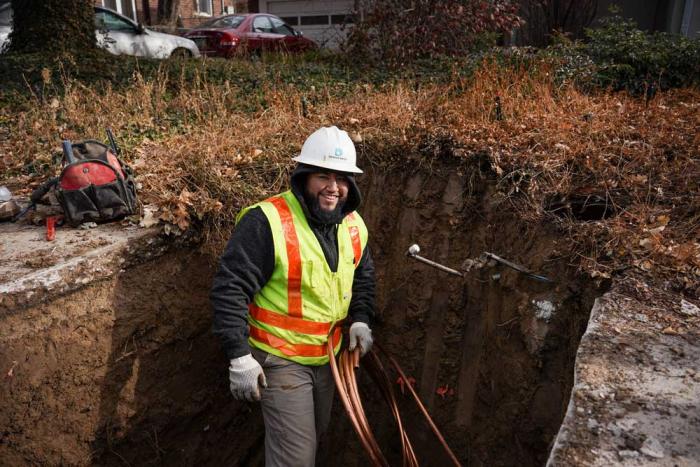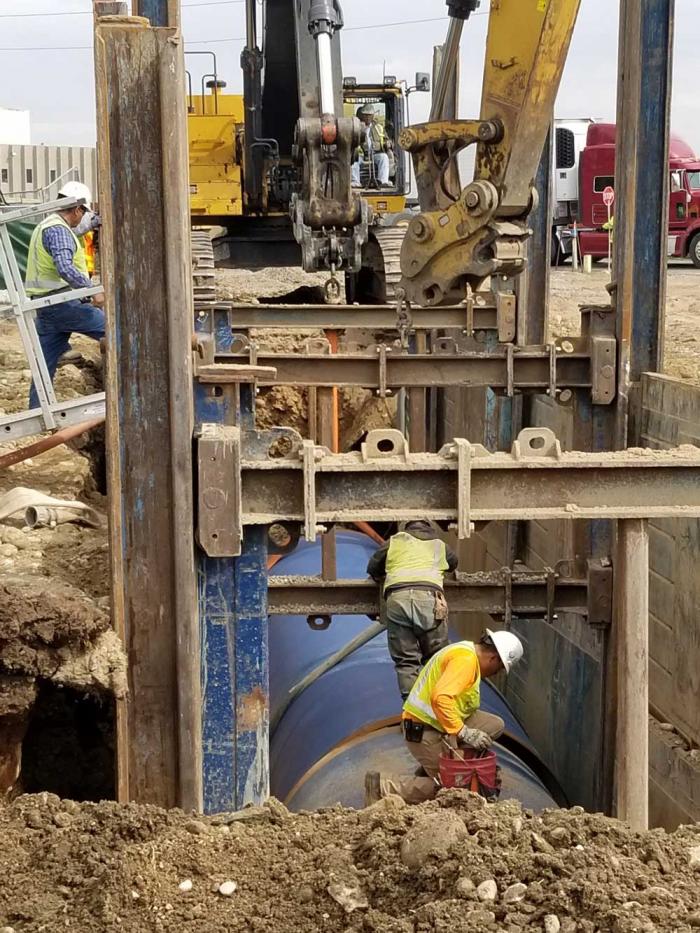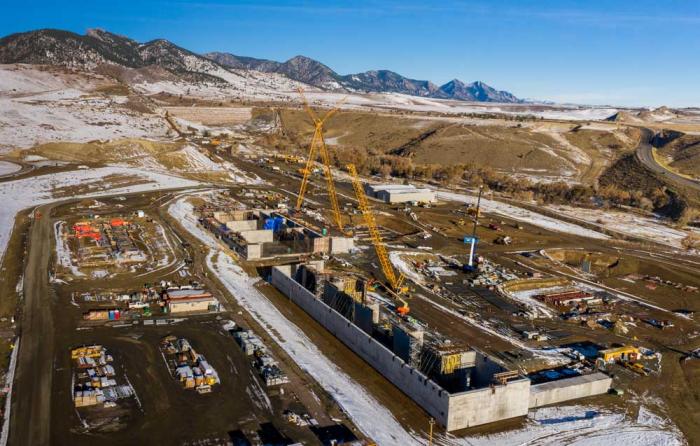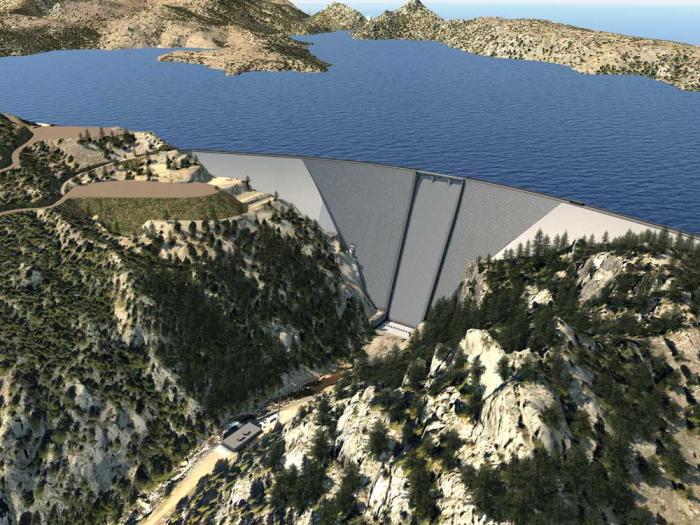Record bond sale helps keep water rates low
There are deadlines. And then, there are absolute deadlines.
On Wednesday, April 21, at 9:30 a.m. Mountain Standard Time, several big financial institutions interested in purchasing Denver Water’s 2021A series of tax-exempt bonds were up against the ticking clock to file offers before the computerized system slammed the bidding window shut.
Three minutes before the deadline, the bidding screen for the sale was blank.
Tick. Tick. Tick.
“I’m refreshing,” said one of the handful of people watching the sale process via a virtual call. The group included members of Denver Water’s finance team and its financial advisers, all veterans of past bond sales and the tense moments before the bidding window closes.
“I keep hitting refresh on my screen too,” said another. “Me too,” said a third.
“We got one!” exclaimed a watcher, as the clock ticked past 9:27:30 a.m.
“Another one!” “Here they come!” “Just under the wire.”
With two seconds to spare, the last offer was filed at 9:29:58 a.m. and ranked according to the interest rates offered, from the lowest all-in interest rate to highest.
And the watchers? They were very pleased with the results.
“We did very well,” said Usha Sharma, Denver Water’s treasurer and one of the sale observers that morning.
The sale was a record on two fronts:
- Bringing in about $350 million, it was the largest bond sale in Denver Water’s history. The money will help pay for the utility’s $1.5 billion, five-year capital program.
- And with the utility’s triple-A credit rating — the highest rating available — from two major credit rating agencies, the winning bid for the bonds carried a 1.97 interest rate over the 30 years of repayment, the lowest interest rate ever seen for a Denver Water bond sale.
“The lower interest rates are real savings for Denver Water and our customers in repayment costs over the years, since we repay the bonds with funds from water sales,” Sharma said.
Money from the sale of the bonds will help to pay for 2021 and 2022 costs associated with Denver Water's $1.5 billion, five-year capital program.
The program includes building Denver Water’s new, state-of-the-art Northwater Treatment Plant, replacing a major water pipeline that dates to the 1930s, expanding Gross Reservoir in Boulder County and replacing old, customer-owned lead service lines across the utility’s service area through the Lead Reduction Program.
Denver Water also sold bonds in 2020, receiving about $300 million in proceeds. Of that amount, $155 million helped pay for the five-year capital program. The remaining $145 million refinanced existing Denver Water bonds at a lower interest rates, providing $17.5 million in savings over the life of the refinanced bonds.
Funding sources for Denver Water’s five-year capital program include issuing bonds, fees paid by developers for connecting new homes and buildings to the utility’s system, and money from the rates paid by customers.
“Our balanced approach is to use multiple funding sources to pay for capital projects, and also use a long-term approach to minimize the impact to ratepayers,” Sharma said.
“We are working on the largest capital program in Denver Water history, yet we’ve still been able to keep annual rate increases minimal.”
For the 2021 year — and in light of the economic consequences of the pandemic — Denver Water limited its rate increase to just 1.5% to help pay for the groundbreaking, new Lead Reduction Program, which started in 2020 and has received national attention.
Sharma attributed the lower interest rates Denver Water received as part of its bond sale to the high marks the utility received from Moody’s Investor Service and S&P Global, two major credit rating agencies.
Both agencies gave Denver Water a triple-A rating with a stable outlook, indicating they believe Denver Water is strong financially and will repay the investors who purchased the bonds.
Moody’s cited utility’s strong finances and management through the pandemic as reasons for its high rating. S&P seconded that opinion, calling the utility’s financial profile “exceptionally strong” and noting that the utility’s 335-square-mile service territory across Denver and surrounding suburbs is “economically strong.”






